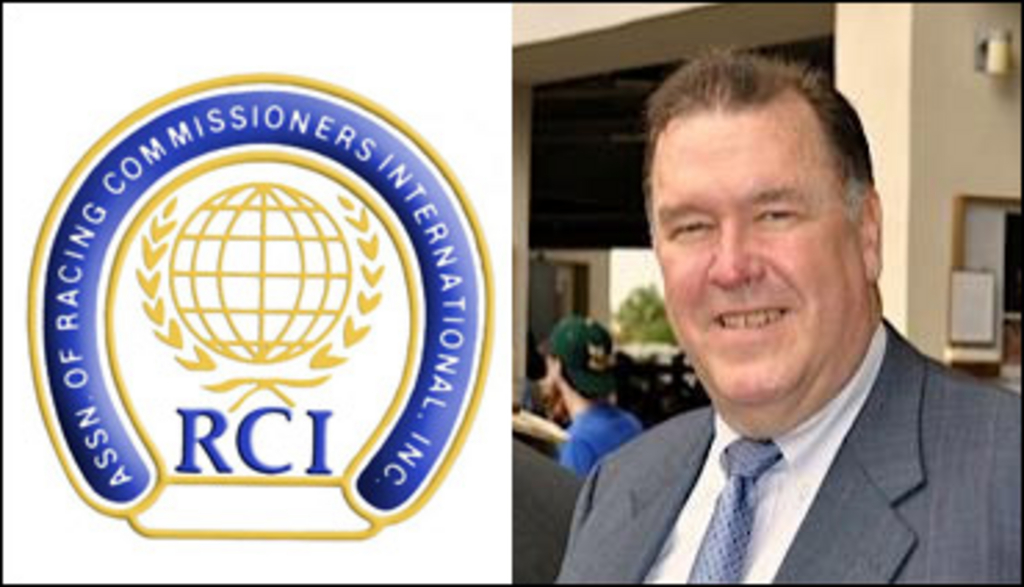
The Racing Commissioners International (RCI) Regulatory Attorneys Committee has advanced a proposal to enhance penalties for trainers with multiple drug violations similar to the approach taken by the U.S. Federal Sentencing Guidelines that imposes an additional penalty to an underlying violation based on multiple offences.
Under the plan violations of the medication and doping rules would be tracked by the RCI and points assigned. Enhanced penalties would be added to a fine or suspension imposed for the underlying violation once a trainer accumulates sufficient points.
All enhanced penalties currently under consideration are in the form of prolonged suspensions, regardless of whether the underlying sanction is in the form of a fine.
“Many of us believe that this approach will effectively tackle the problem posed by those who look at getting several violations as a cost of doing business,” RCI President Ed Martin said. “Under this system, a trainer who is cited for three lower-level Phenylbutazone overages (i.e. between 2.0-5.0 micrograms/ml) will get a 30 day suspension on top of the recommended $500-$1000 fine. The more serious the infraction, the greater the suspension.”
The plan being considered by RCI would also permit points assigned for lesser penalty class violations to expire. Points assigned for the most serious violations would be permanent.
The RCI Regulatory Attorneys Committee met last week via conference call and voted to modify a proposal from a working group at the Racing Medication and Testing Consortium (RMTC) to create a separate violation for multiple offences.
“The U.S. system of jurisprudence permits appeals on each separate violation. The length of time it takes to finalize a case is often beyond the control of a racing commission and our attorneys thought that this should be structured differently," said Martin. "Creating a separate violation creates the possibility of an even longer appeals process before a case is final,” Martin said.
The RCI Board of Directors first discussed the concept of a “point system” in July 2011. Since then RCI has worked with various industry leaders and organizations to develop a workable system. Several approaches have been considered and rejected, but it was not until this year that working group backed by RMTC suggested modifying the original concept to be an “overlay” on the existing penalty guidelines.
The RMTC is still working on finalizing its recommendation to the RCI.
Martin said that the input and support for the concept from the Regulatory Attorneys Committee was an important step in advancing this reform. RCI will consider a plan at the July 31, 2013 RCI Board of Directors Meeting.
“A lot of our members have worked on this and there is a desire to have enhanced penalties included in the guidelines in time for those jurisdictions seeking a January 1, 2014 implementation date of the RCI Schedule of Controlled Therapeutic Substances,” he said.
(RCI)

